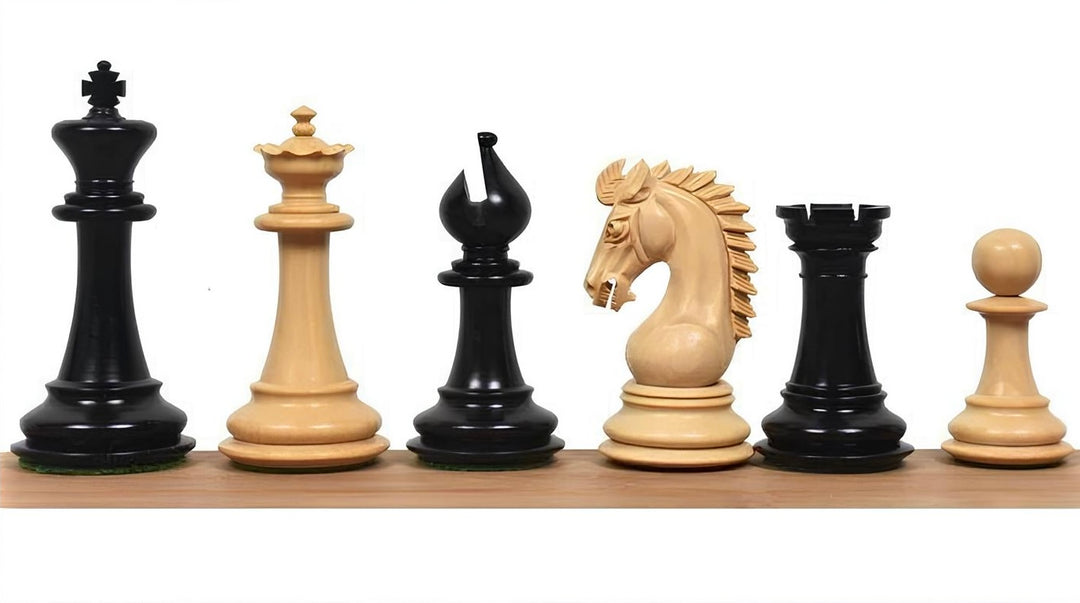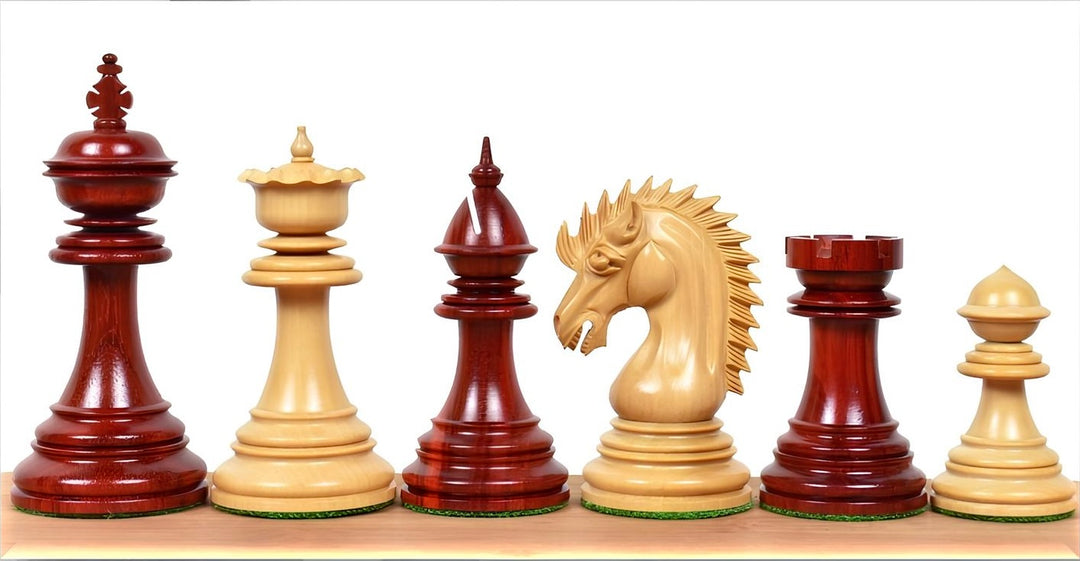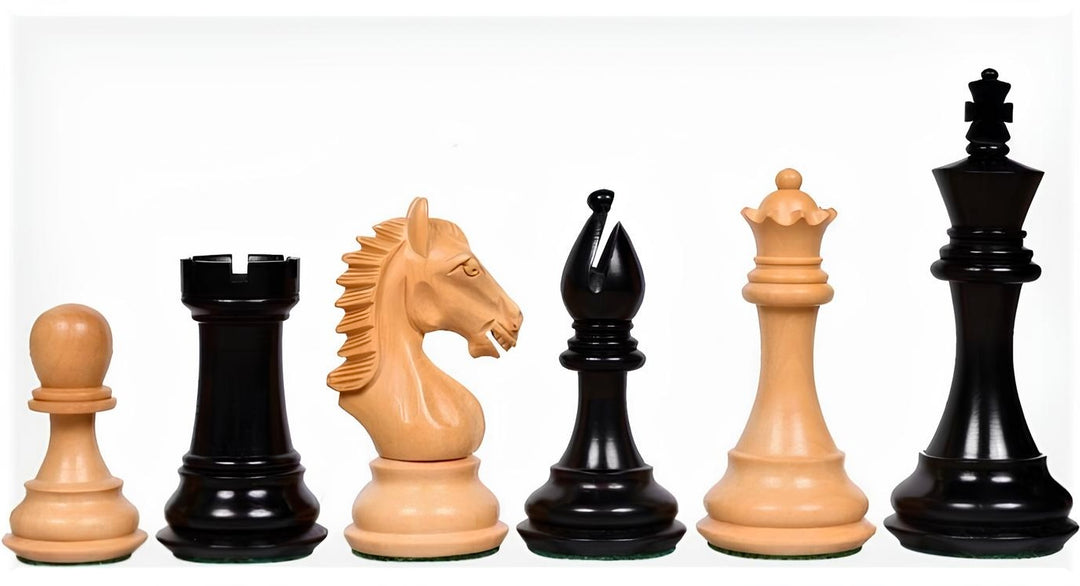Introduction to Chess Puzzles
Chess puzzles, often found in chess books, magazines, and online platforms, serve as a training tool aimed at improving a player’s chess skills. These puzzles present specific positions where a player needs to find the best move or sequence of moves. Understanding their utility and integrating them into regular practice can be a significant stepping stone for anyone looking to enhance their chess playing abilities.
Benefits of Chess Puzzles
Critical Thinking and Problem Solving
One of the primary benefits of chess puzzles is the enhancement of critical thinking skills. Each puzzle forces the player to think analytically, examining various possibilities and their potential outcomes. This exercise strengthens problem-solving skills, which are applicable in chess and real-world scenarios.
Improvement in Tactical Skills
Chess puzzles typically revolve around tactics; they might involve finding a checkmate in two moves or exploiting a pin to gain material. Regular practice of these puzzles helps improve a player’s ability to spot tactical motifs in their own games, a fundamental skill at all levels of chess.
Increase in Pattern Recognition
By frequently working on chess puzzles, players start to recognize familiar patterns that occur in different games. This improved pattern recognition is crucial in chess, as it allows for quicker and more accurate decision-making during games.
Enhancement of Visualization Skills
Chess puzzles often require the player to calculate several moves ahead without actually moving the pieces on the board. This mental practice enhances one's ability to visualize future positions, an essential skill in high-level chess.
Boosts Decision Making
Engaging with chess puzzles encourages players to make decisions under pressure, especially when solving timed puzzles. This practice is beneficial for real-game scenarios where time constraints play a critical role.
Types of Chess Puzzles
Mate in N
This type of puzzle challenges the player to checkmate the opponent’s king in 'N' number of moves. It helps develop an understanding of how to coordinate different pieces to achieve checkmate.
Tactical Puzzles
Tactical puzzles involve situations where one must execute moves based on tactical themes such as forks, pins, skewers, discovered attacks, and more. These puzzles are excellent for learning the implementation of these tactics in various contexts.
Endgame Puzzles
Endgame puzzles focus on scenarios where only a few pieces are left on the board. Solving these helps players understand important endgame principles, such as king activity, pawn structure, and the role of each piece in the endgame.
Opening Puzzles
Though less common, opening puzzles can assist players in understanding the implications of different opening strategies. These puzzles highlight essential moves and potential pitfalls in various openings.
Integrating Chess Puzzles into Practice
To maximize the benefits of chess puzzles, players should integrate them into their regular study routines. This can be done by setting aside specific times for puzzle practice, using chess puzzle books, engaging with online chess puzzle platforms, and analyzing each solution deeply to understand the reasoning behind the moves.
Conclusion
Chess puzzles are more than just intellectual exercises; they are a practical tool that sharpens a multitude of chess-related skills. From boosting tactical acuity to enhancing strategic vision, the benefits of engaging with these puzzles are vast. Whether a beginner or an advanced player, incorporating chess puzzles into one’s training regimen can significantly elevate one's gaming prowess.
Explore our large collection of luxurious chess sets!


























































Leave a comment